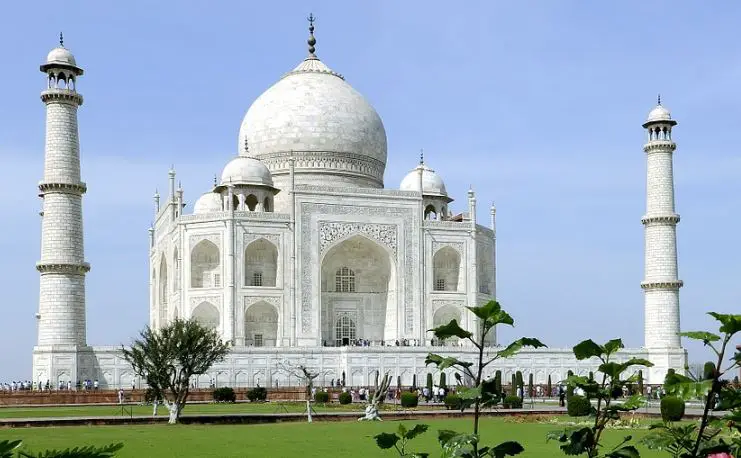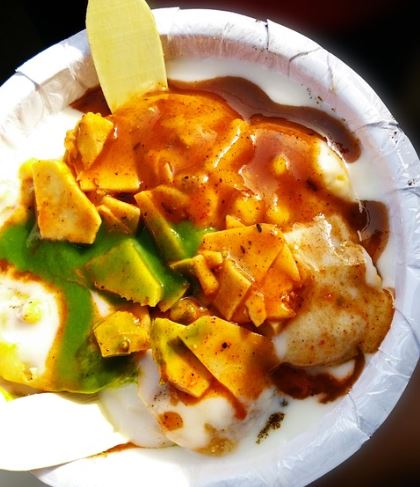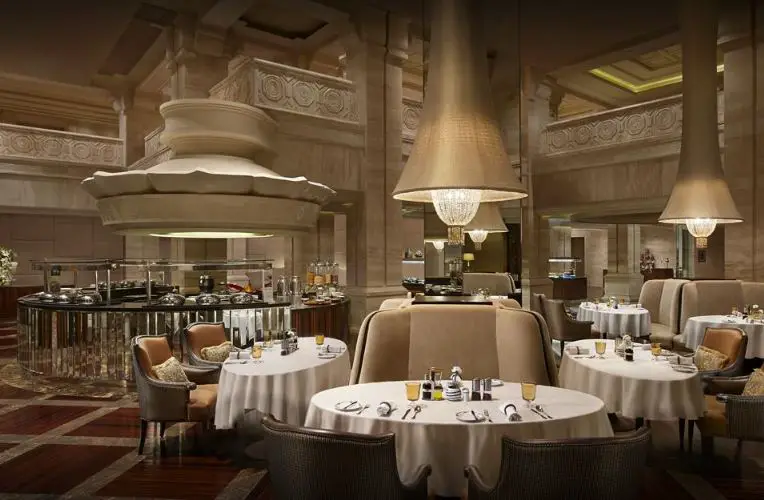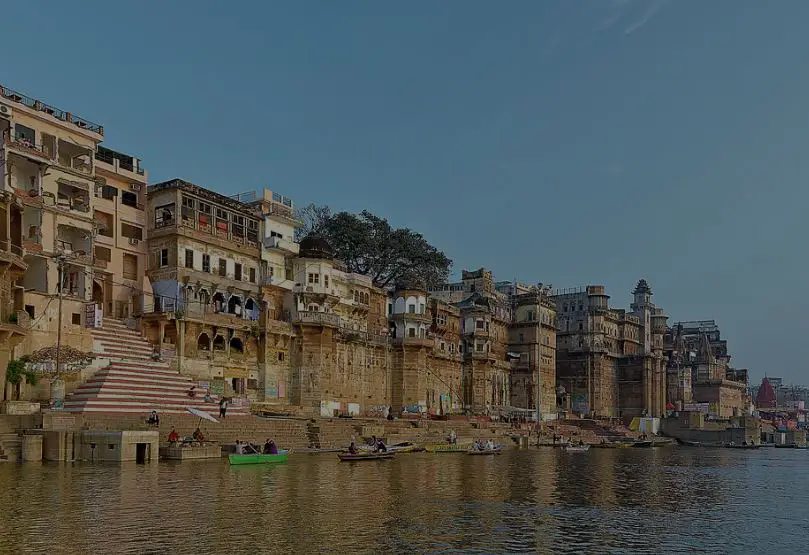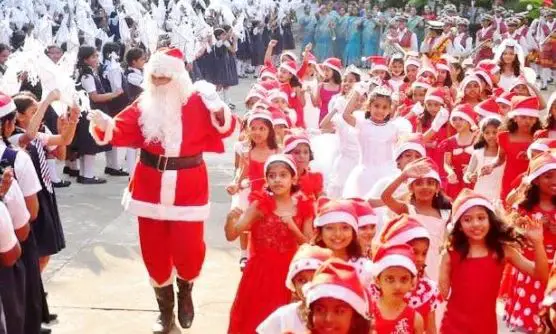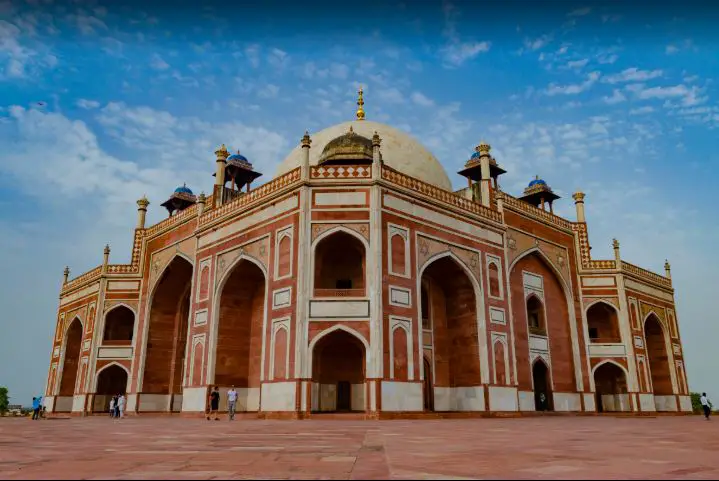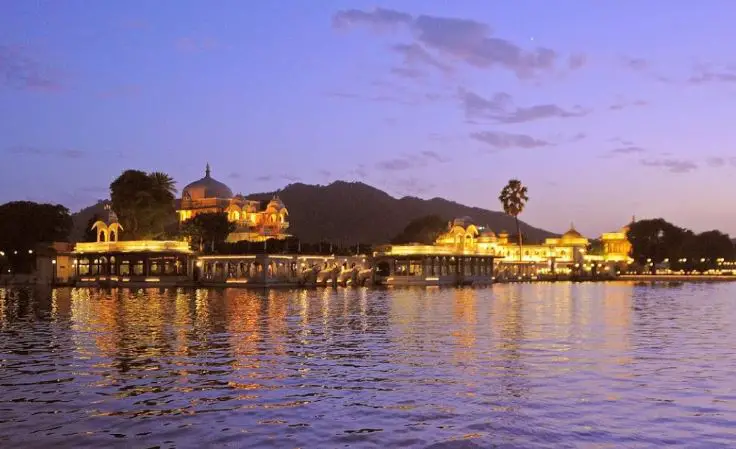How do I experience the culture of Gujarat?
Post ByAdequate Travel
Summary
The culture of Gujarat is rich and vibrant, and offers a unique blend of Indian and Gujarat culture. This blog post will explore how you can experience the culture of Gujarat for yourself, from traditional clothing and cuisine, to events and festivals. Let's take a journey through Gujarat and discover the culture that makes it so unique. As you prepare for your journey, familiarize yourself with the specific entry requirements, including any necessary visas or documentation.1. Visit Historical Sites
Explore iconic historical sites in Gujarat such as:
- Rani Ki Vav: A UNESCO World Heritage Site known for its intricate stepwell architecture.
- Sabarmati Ashram: The residence of Mahatma Gandhi, a prominent figure in India's independence movement.
- Champaner-Pavagadh Archaeological Park: Home to ancient ruins, mosques, and forts.
2. Attend Festivals
Participate in vibrant festivals that showcase Gujarat's rich culture, such as:
- Navratri: A nine-night long dance festival featuring traditional Garba and Dandiya-Raas performances.
- Kite Festival: Celebrated on Makar Sankranti, it involves flying thousands of colorful kites in the sky.
- Rann Utsav: An annual celebration of Kutch's culture, art, and crafts in the vast white desert.
3. Sample Gujarati Cuisine
Indulge in the delectable traditional Gujarati dishes:
- Dhokla: Steamed savory cakes made with fermented rice and chickpea flour.
- Khandvi: Rolled gram flour crepes garnished with mustard seeds and coriander leaves.
- Thepla: Thin spiced flatbread made with wheat flour, fenugreek, and spices.
4. Explore Handicrafts and Textiles
Witness the exquisite craftsmanship and textiles of Gujarat:
- Bandhani: Traditional tie-dye technique used to create vibrant patterns on fabrics.
- Patola: Intricately woven silk sarees known for their geometric designs.
- Embroidery: Gujarati embroidery styles like Kutchi, Rabari, and Ahir showcase stunning thread work.
5. Visit Traditional Villages
Experience rural life and traditions by exploring traditional villages:
- Bhujodi: Known for its handloom weaving, pottery, and traditional crafts.
- Modhera: Home to the stunning Sun Temple, showcasing intricate architectural details.
- Sidhpur: Famous for its ornate havelis (mansions) adorned with exquisite artwork and carvings.
6. Witness Folk Dances and Music
Enjoy the lively folk dances and music performances:
- Garba: Traditional dance performed in a circle during Navratri, accompanied by live music.
- Bhavai: A thrilling folk dance form incorporating balancing acts while balancing pots on the head.
- Raas: A traditional stick dance performed during Navratri, showcasing rhythmic movements.
Suggested Questions
- Lambi Dehar Mines, Mussoorie, Uttarakhand: Horror Story, History & Paranomial Activities
- Ramoji Film City, Telangana: Horror Story, History & Paranomial Activities
- Fernhill Hotel, Maharashtra: Horror Story, History & Paranomial Activities
- Mukesh Mills, Mumbai, Maharashtra: Horror Story, History & Paranomial Activities
- Lambi Dehar Mines, Mussoorie, Uttarakhand: Horror Story, History & Paranomial Activities
- Kuldhara Village, Rajasthan: Horror Story, History & Paranomial Activities


